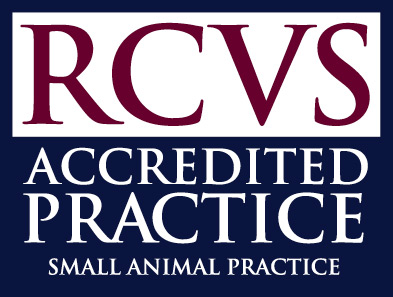They say never work with children or animals, but most parents end up having to look after both at some stage! Choosing the first family pet is a big decision – it could mean fantastic memories in the years to come for your children, or it could quite literally come back to bite them! What follows is a very basic guide of what to consider when choosing your first pet and some advice on how to look after them properly.
Firstly – let common sense prevail! Avoid animals which are venomous, wild, endangered, or have tusks. Sadly this rules out cobras, tigers, polar bears and wild boar, but there are plenty of other options out there! Friendly, predictable and tolerant are all good traits in a first pet.
The first thing to remember with children’s pets is that while they “belong” to your children, Mum and Dad are still responsible for the pet’s husbandry and well being. Some animals require significant commitments in terms of time and money. Dogs need walking and training, horses need riding, caged animals need their environment cleaning and every animal needs food and water – even when you’re not there!
Secondly, consider how long a pet is likely to live. They may be around long after they have ceased to be of interest - we see plenty of parents with rabbits whose previous “owners” have long since left home and gone to university! As for tortoises, you should be thinking of passing these down to your great grandchildren!
Finally, try and do things the right way when dealing with your first pet – not only does this set a great example for your children, but it means your pet will live a happier, healthier life. Depending on the pet, you will have to consider annual vaccinations, flea and worm treatment, microchipping (which will be a legal requirement in 2016 for dogs), neutering and pet insurance.
So, what to go for?
Dogs can make great family pets but are definitely high up the rankings on the commitment front (that’s time, not admission to a mental institution!). Training a puppy takes time and effort but is ultimately very rewarding and a good experience for children. There are many breeds out there - it’s beyond the scope of this article to go into detail about each one, but in general, chose a breed that is known to be friendly and not too boisterous. Consider the size of the dog when it is fully grown, how much exercise it will require, how much it will cost to feed and what you are going to feed it on!
Cats require less “maintenance” than dogs because they do not have to be walked. I have yet to meet an owner who has “trained” their cat – in fact, most will probably agree that their cat has trained them! It’s harder to predict the temperament of a cat – some are so laid back that they are horizontal, while others can “turn” when you are least expecting it! For this reason, be careful if you have young children and are considering getting a cat or kitten.
Rabbits and Guinea Pigs are a lot more of a commitment than many people realise. Sadly they often don’t realise this until after they own one! They are most certainly not pets that can be left in a hutch for days on end. They are very social creatures and need to be out and about and handled every day. Without this lifestyle they can develop behavioural problems such as stress related aggression. Diet is hugely important – it is important to feed plenty of fibre in the form of hay or grass – this should constitute around 85% of their diet and no less. Rabbits particularly should be checked at least twice daily, especially in the summer months when there is a risk of fly strike – we advise applying a product called rear-guard to prevent this. If managed correctly, however, rabbits and guinea pigs do make great family pets!
Rodents require less time and cost to keep and are a good option for the first toe-dip in the water of pet ownership. This group includes mice, gerbils and rats. You’ll need to invest in a good enclosure with plenty of space for the new arrival. Handling, handling and more handling is the advice here – the more they are handled, the more rodents become used to it and are much more amenable and friendly as a result.
Reptiles can make good family pets. However, the many species have very different husbandry requirements and specialist equipment is required to provide this. Annelise, who has a specific interest in reptiles, sees many patients with illness due to poor diet or husbandry. If you are considering a reptile as a pet, make sure you thoroughly research the requirements and feel free to contact us at the practice for any advice.
In summary, pet ownership is a bit like marriage – you have to be prepared to look after them for better, for worse, richer or poorer, in sickness and in health, to love and to cherish until death you do part! In return they will reward you with unconditional love and lots of happy times!



